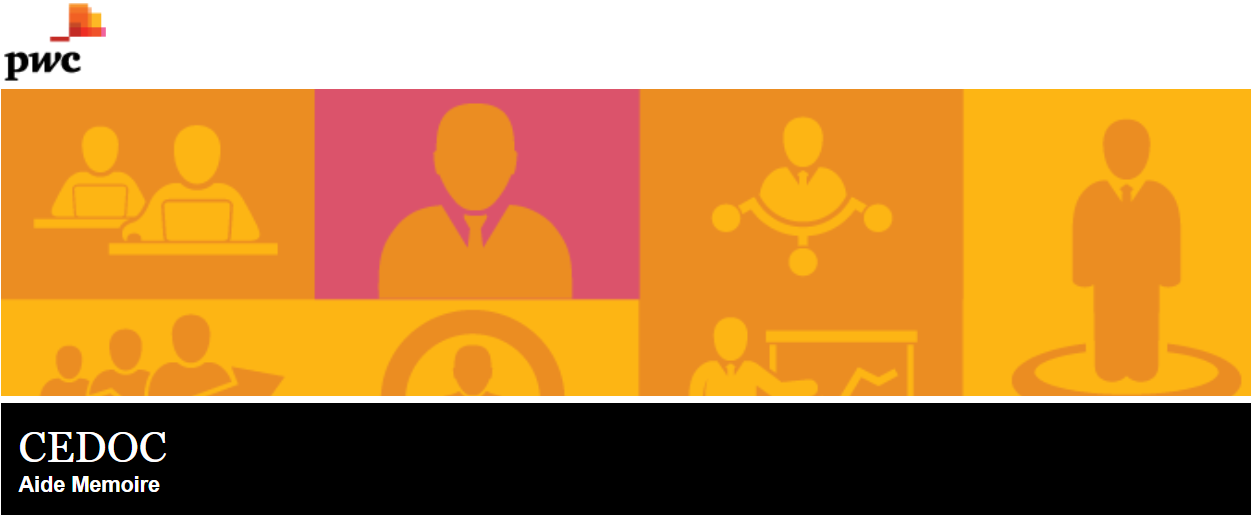Brazil Memo | 18 de novembro
- Por: Juliane
- Acessos: 1362
CARLOS GERALDO LANGONI
THE LATIN AMERICAN CRISIS
The fall of Evo Morales and the protests in Chile have put politics back at the core of Brazil’s country risk assessment: In the short -term, pressure is increasing on the Real exchange rate, which has already been affected by the uncertainties of the trade war.
· Performance:
Those turbulences have occurred despite Bolivia and Chile’s relatively favorable economic performance.
According to the IMF, Latin America as a whole is expected to remain stagnant this year.
Chile and Bolivia, however, have maintained a significant pace of economic growth, quite distinct from the deep Venezuelan and even Argentinian recessions.
The Chilean case is the most surprising: the country is experiencing a sustained growth cycle, accompanied by a reduction in inequality and poverty. The country is also going through a period of increased social mobility.
Despite these favorable indicators, Chile is experiencing a serious institutional crisis, whose unfolding constitutional reform could reduce its dynamism in the long run.
Bolivia is easier to understand: it is the reaction of civil society to Evo Morales's attempt to perpetuate himself in power.
In Venezuela Chavez's legacy of macroeconomic disaster has been amplified by Maduro.
· Challenge:
This wave of uncertainty could be amplified if the new Argentinian government gives way to the fatal temptation of unorthodox policies.
Objectively, the space for populist policies is limited. Argentina is suffering the classic consequences of a balance of payments crisis, accompanied by an inflationary recession.
The country has an agreement with the IMF and is renegotiating its foreign debt. On a smaller scale, Brazil experienced a similar situation in 2002.
Lula, when elected, opted for pragmatism by endorsing the fiscal and monetary adjustment agreed with the International Monetary Fund: this dose of orthodoxy paved the way for the 2005 - 2010 expansion cycle.
The crucial question is whether the Argentinian president Alberto Fernández will follow the successful example above or attempt to duplicate the old statist and protectionist former president Peron’s model, deepening the recessive discontinuity.
This ideological bias will raise tensions in Mercosur: Brazil will not give up trade liberalization or unilateral reductions in the common external tariff.
Within this context, one cannot rule out the premature end of the common market dream. Mercosur would become a Free Trade Zone and Brazil could individually negotiate new bilateral agreements.
· Contrast:
A relevant question is whether the deterioration of regional political risk could contaminate Brazil, making the recovery process difficult.
Some negative externalities, via international trade, appears to be inevitable, impacting manufactured exports.
In a broader context, however, Brazil may benefit from the relative strength of its institutions and the consistency of its macro-liberal architecture.
This scenario becomes more realistic as GDP accelerates as of next year: solid retail performance in September - 5th consecutive month of expansion - and the significant advance (0.44%) in the Central Bank’s economic activity index (IBC-Br) confirm this trend.
In short, political tensions are mounting in Latin America as they reach Chile and Bolivia.
Regarding Argentina, it is still too early to know if the new president will choose pragmatism or immerse himself in Peronist neo-populism.
This wave of uncertainty will negatively impact the region's fragile performance and threaten Mercosur's survival as an (imperfect) customs union.
Notwithstanding Latin America`s current woes, the relative improvement in risk perception may benefit Brazil by consolidating its regional leadership and attracting foreign capital.



